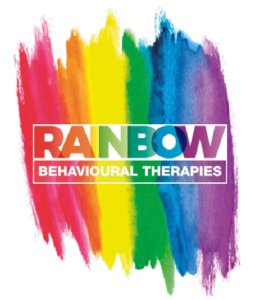SCHOOL ABA PROGRAMMES
Most of our clients who have ABA support within schools have this funded through their local authority. This usually occurs when families have requested and successfully obtained ABA in the wording of their child’s EHC Plan. In some cases, families privately fund ABA therapists going into the child’s school, however this may be at the discretion of schools.
School ABA programmes focus on the learner’s inclusion in their learning environment, accessing academic materials and classroom lessons, social opportunities and independent and organisational skills.
Each child may require different levels of support when they are in school, such as, including regular reinforcement breaks, breakdown of academic skills, opportunities to engage in play and social skills with ABA support.
The aim of the ABA Therapist is to shadow the child and provide support where needed and to reduce and fade support when not needed.
School staff support a learner with an ABA programme typically receive introductory training into what ABA is and how this will look for their particular learner.
School ABA programmes are overseen by a Behavioural Consultant who attends workshops usually every half-term (or as stated in the EHC Plan) to review targets and support plans with the ABA Therapists, SENDCo and class teacher.
ABA Consultants or Supervisors may train teaching assistants (TAs) who support the child 1:1 in school if there are no available ABA Therapists for the programme. This supervision usually occurs bi-weekly.
Teaching assistants are encouraged to (or if stated in the EHC Plan) gain the theoretical ABA knowledge by completing a 40-hour Registered Behaviour Technician theory training. They are also expected to work towards the UK-SBA Competency Standards which they are supported with by the ABA Consultant and Supervisor.





